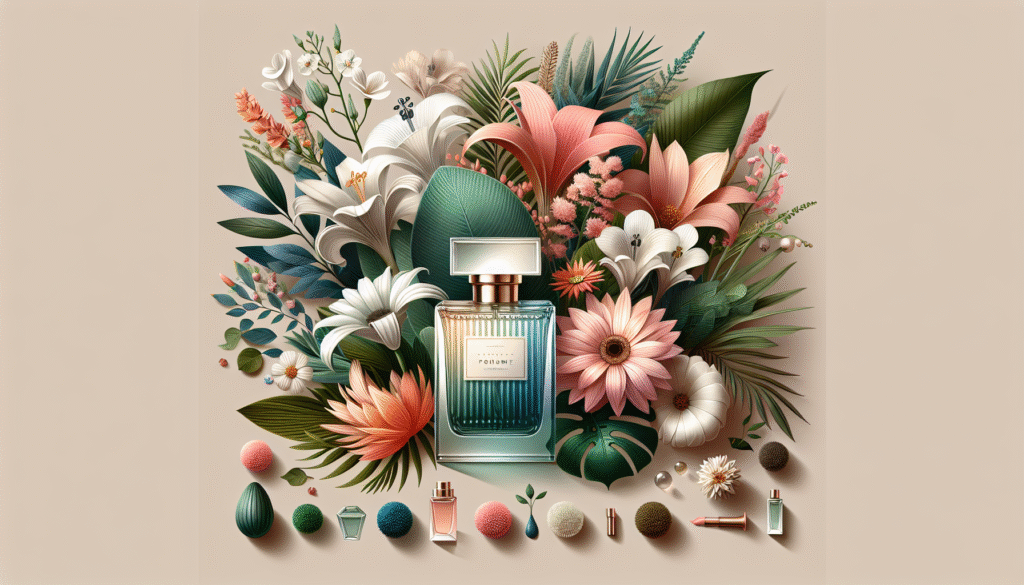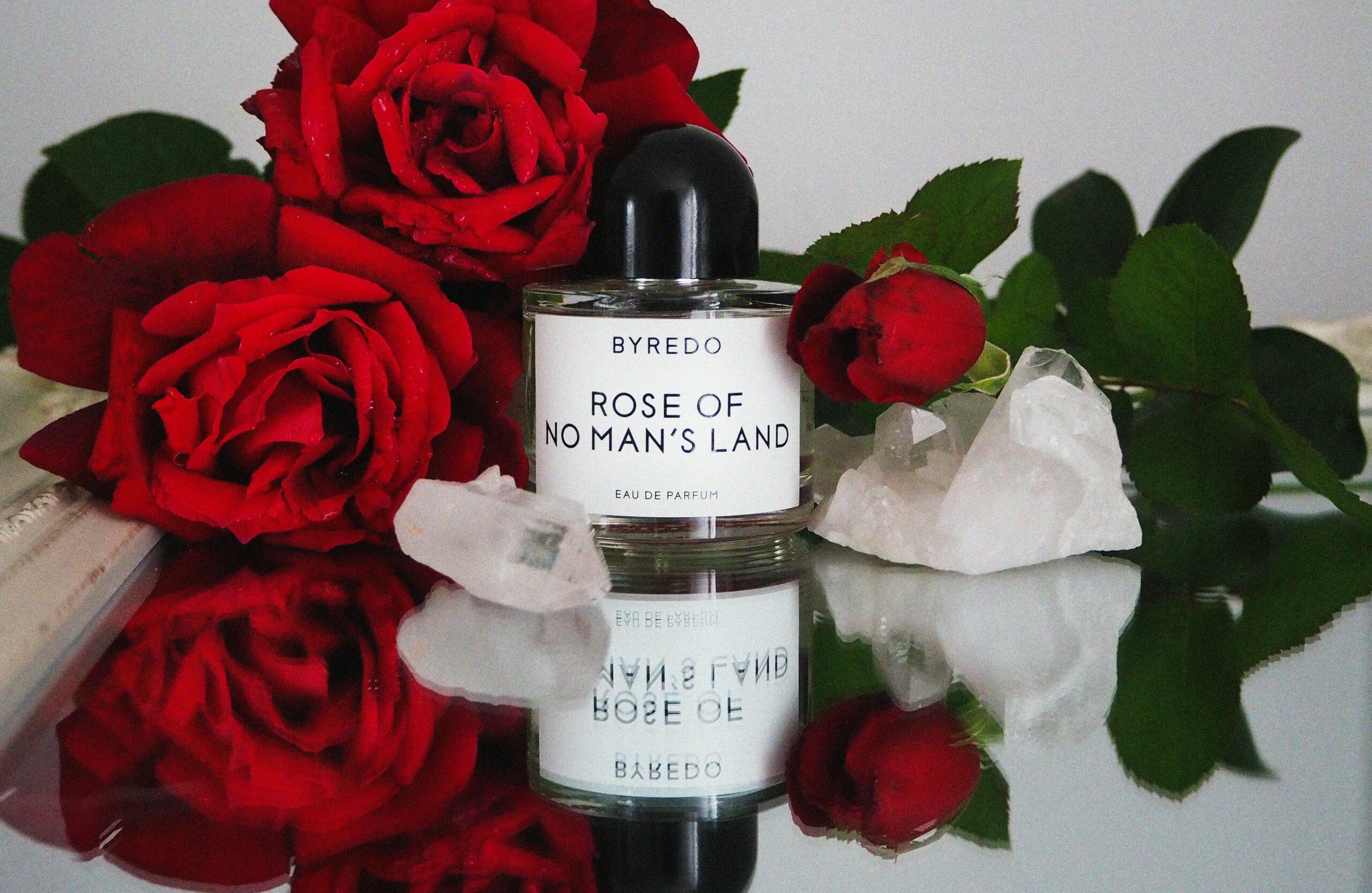Have you ever wondered what it really means for a perfume to be labeled as vegan and cruelty-free? With an increasing number of people becoming more ethical and environmentally conscious, the demand for transparent and animal-friendly beauty products is on the rise. But what does it truly entail for a scent to hold these labels, and how are they verified? In this article, we’ll unravel the truth about vegan and cruelty-free perfumes, exploring their significance, how they are certified, and the impact they have on our world.
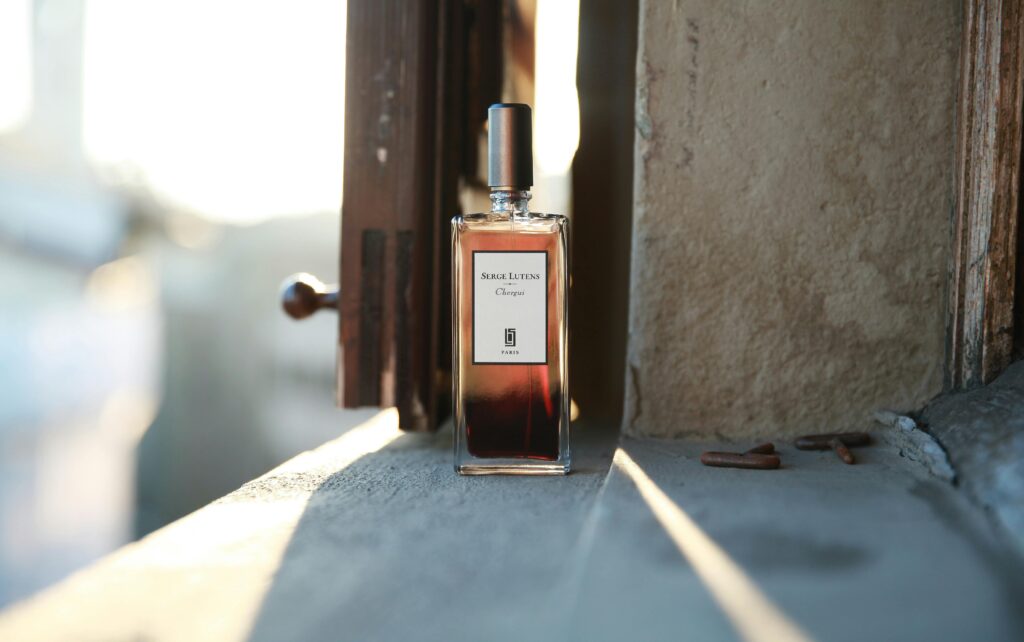
This image is property of images.pexels.com.
Understanding Vegan Perfumes
Being vegan extends beyond dietary choices; it encompasses lifestyle decisions, including the beauty products you use. A vegan perfume doesn’t contain any animal-derived ingredients. This means your favorite scents can be made without substances such as ambergris, musk, or even beeswax, which are traditionally used in fragrance formulation.
Common Animal-Derived Ingredients in Perfumes
To understand why vegan perfumes are significant, it’s essential to know what animal-derived ingredients they often substitute:
- Ambergris: A waxy substance from sperm whales, used to enhance fragrance longevity.
- Musk: Originally derived from the glands of musk deer, though synthetic versions are more common now.
- Beeswax: Used as a binding agent in perfumes.
- Civet: Secretion from civet cats, utilized for its distinct smell.
- Castoreum: Extracted from beaver glands, known for its leathery scent.
Vegan Alternatives
Fortunately, advancements in technology and science have led to synthetic or plant-based alternatives that mimic these traditional ingredients without harming animals. Here’s how:
- Synthetic Musks: Lab-created to replace natural musk.
- Plant-Based Waxes: Alternatives like soy or candelilla wax serve as substitutes for beeswax.
- Synthetic Ambergris: Created chemically to replicate the structural properties of ambergris.
What Does Cruelty-Free Mean?
Cruelty-free is a comforting term for many, assuring us that no animal testing was involved at any stage of a product’s development. However, navigating this realm can be tricky due to various definitions and standards across the globe.
The Importance of Cruelty-Free
Why should you care if your perfume is cruelty-free? For many, it’s about animal welfare and preserving animal rights, recognizing that beauty need not come at the expense of cruelty. Additionally, the push for cruelty-free practices promotes innovation in the cosmetic industry, encouraging the development of alternative testing methods that can benefit all types of products.
Global Standards and Certification
Certifications make it easier for consumers to identify cruelty-free products. Here are some of the most recognized markers:
- Leaping Bunny: Internationally respected for its rigorous standards, ensuring no animal testing was performed.
- PETA’s Cruelty-Free Certification: Offers a list of companies that do not test on animals.
- Choose Cruelty-Free: An Australian non-profit organization listing credible cruelty-free businesses.
Each logo signifies a certain standard, offering peace of mind when you’re shopping for a compassionate choice.
How Vegan and Cruelty-Free Certifications Work
While understanding these labels is important, certification processes are crucial to confirm claims made by companies about being vegan and cruelty-free.
Obtaining Vegan Certification
To receive a vegan certification, cosmetic companies must prove that none of their ingredients, formulas, or final products contain animal by-products. Organizations such as The Vegan Society or Vegan Action verify these claims, ensuring products are genuinely vegan.
Cruelty-Free Certification Process
This process involves a thorough audit of the company’s supply chain to ensure that no animal testing is conducted on the ingredients or finished products. Testing alternatives might include in vitro testing, computer modeling, or using naturally non-irritating ingredients.
Here’s a brief table showing popular certification bodies:
| Certification Body | Focus Area | Logo Recognition |
|---|---|---|
| The Vegan Society | Vegan | Highly recognizable |
| Leaping Bunny | Cruelty-Free | Reputable internationally |
| PETA’s Beauty Without Bunnies | Cruelty-Free | Widely recognized |
Benefits of Choosing Vegan and Cruelty-Free Perfumes
Apart from benefiting animals and the environment, such fragrances offer several other advantages. Many people are surprised to find that these perfumes can be better for their own health as well.
Healthier for Your Skin
Vegan perfumes tend to have fewer ingredients, meaning there are fewer chemicals that might irritate sensitive skin. Additionally, because they avoid certain animal-derived compounds, they might be less likely to cause allergies.
Environmentally Friendly
Using plant-based or synthetic alternatives often results in a lower environmental footprint compared to harvesting animal-derived ingredients. Moreover, it encourages sustainable farming practices and reduces pollution associated with animal rearing.
Supporting Ethical Practices
Choosing these perfumes supports brands that are leading the way in ethical beauty. When you purchase from businesses that prioritize animal welfare and sustainability, you’re helping to push the industry toward more responsible practices.
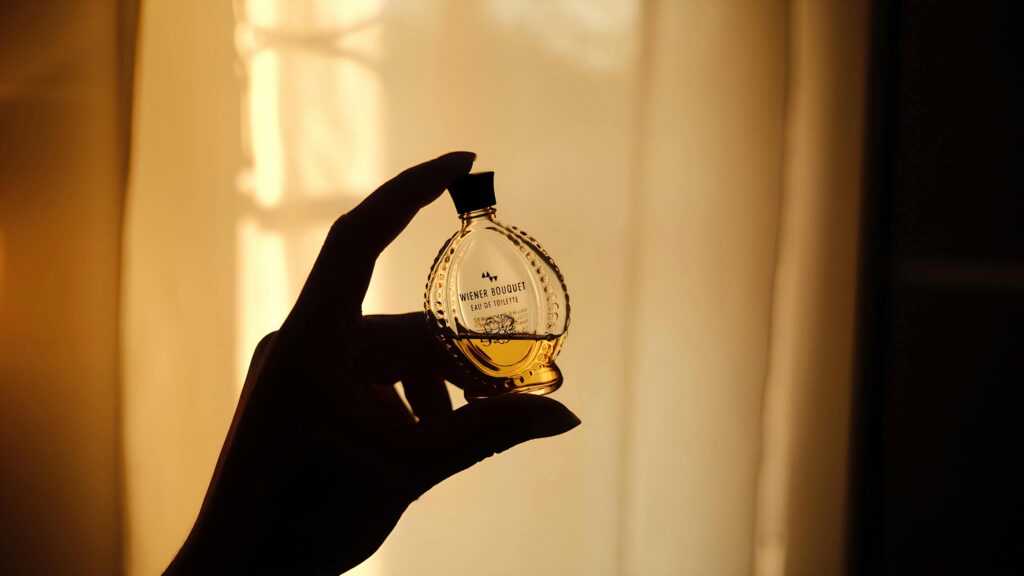
This image is property of images.pexels.com.
How to Choose the Right Vegan and Cruelty-Free Perfume
With the growing market, you may feel overwhelmed by choices available. Here are some tips to help you make an informed decision:
Check Labels and Logos
Always check the packaging for logos of recognized certifiers like Leaping Bunny or The Vegan Society. Ensure that these labels are legitimate! There have been cases of unauthorized logo usage.
Research Brands
Some brands are famous for their ethical stands, like LUSH, Pacifica, or The Body Shop. A quick online search can verify if their claims align with your values.
Consider the Fragrance Notes
Like traditional perfumes, vegan perfumes offer a wide range of scents, from floral to woody. Consider what types of fragrances complement your personality and lifestyle.
Longevity and Silage
Consider how long the scent lasts (longevity) and how it projects from your skin (silage). Perfumes catering to vegan and cruelty-free markets often use varying concentrations to deliver optimal results.
Myths About Vegan and Cruelty-Free Perfumes
Despite their popularity, several myths about vegan and cruelty-free perfumes persist, leading to skepticism or misunderstanding.
Myth 1: Vegan Perfumes Aren’t as High Quality
Some believe that vegan options lack the complexity and depth of traditional perfumes. However, with modern advancements in scent technology, vegan perfumes hold their own, often indistinguishable from their non-vegan counterparts.
Myth 2: Cruelty-Free Means More Expensive
While it’s true that some cruelty-free products come at a premium due to ethical sourcing, many affordable options exist. It’s possible to find budget-friendly brands that maintain high ethical standards.
Myth 3: Limited Fragrance Options
The diversity in vegan and cruelty-free scents is vast. Although some traditional notes derived from animals are absent, perfumers creatively blend alternatives to deliver the full spectrum of floral, citrus, woody, and spicy notes.
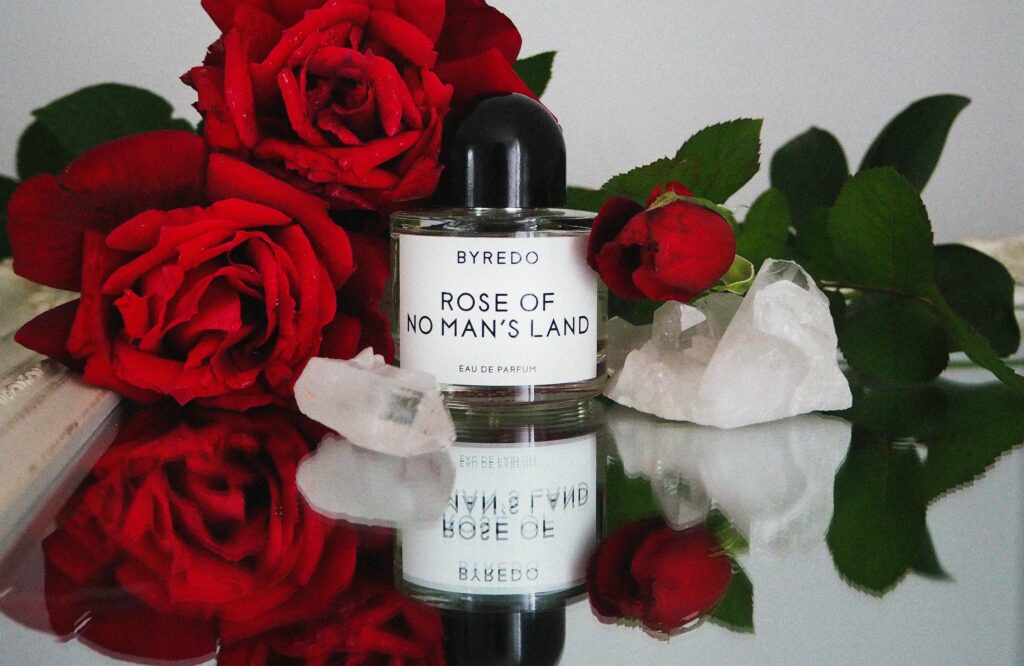
This image is property of images.pexels.com.
The Future of the Perfume Industry
As consumer habits shift toward more ethical choices, the perfume industry is responding. With sustainable practices and technological innovations, the game is changing.
The Rise of Ethical Consumerism
More consumers value transparency and want to know where their products come from. This trend pushes brands to be more transparent in sourcing and production.
Innovations in Scent Technology
From biotechnology creating lab-grown scents to digital fragrance experiences, the future of fragrance is looking innovative and exciting. These advancements ensure that vegan and cruelty-free doesn’t mean compromising on quality or creativity.
Creating a Lasting Impact
As more people switch to ethical perfumes, it encourages larger industry shifts toward cruelty-free, sustainable practices, leading to positive long-term change.
Conclusion
Understanding vegan and cruelty-free perfumes offers more than just a sense of moral satisfaction; it’s about embracing smarter, more ethical choices. Whether you’re a perfume aficionado or a casual fragrance fan, these products allow you to make personal choices that benefit animals, the environment, and potentially your own well-being.
Shifting towards vegan and cruelty-free perfumes might seem like a small step, but every decision you make contributes to broader positive change. By being informed and selective, you empower yourself to enjoy beautiful scents without the compromise, embodying a lifestyle that’s as kind as it is chic.
